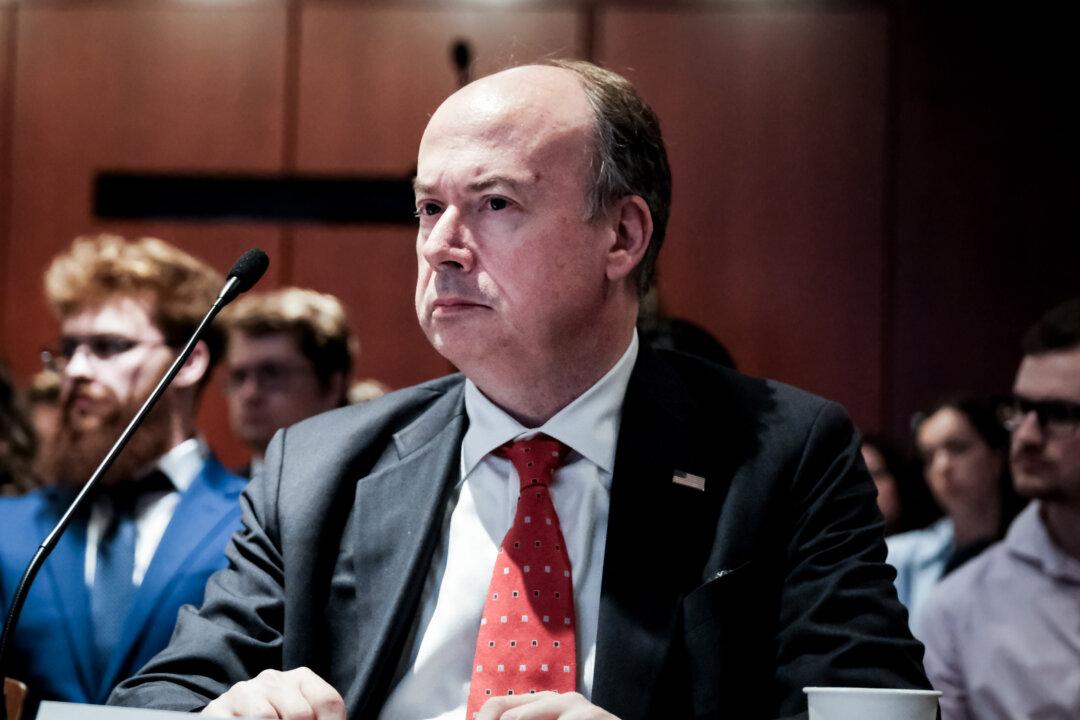Should China have been admitted to the World Trade Organization (WTO) in 2001?
“Knowing now the behavior that China has exhibited as a member of the WTO over the past 20 years, with a really significant failure to live up to their commitments, the answer would be no,” Stephen Ezell, vice president of Global Innovation Policy at the Washington-based Information Technology & Innovation Foundation, told The Epoch Times.





